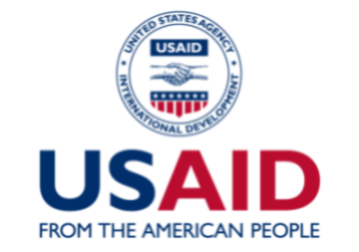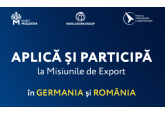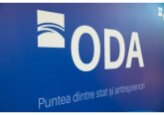
Moldovan exporters will have more opportunities to expand supplies to the markets of the European Free Trade Association countries
This was reported by the Ministry of Economic Development and Digitalization, noting that together with the USAID Institutional and Structural Reform Program in Moldova, it launched the Guide to Exporting to EFTA Countries. As noted by the department, many categories of goods from Moldova - from grain to information technology - have the potential to be exported to the countries of the European Free Trade Association (EFTA), which includes Iceland, Liechtenstein, Norway and Switzerland. This was the conclusion reached by participants in the conference "Increasing the Value of EFTA Export Markets: Opportunities and Prospects", organized on September 24 in Chisinau by the Ministry of Economic Development and Digitalization with the support of the USAID Institutional and Structural Reforms in Moldova (MISRA) program. The published Guide to Exporting to EFTA Countries provides a comprehensive profile of the EFTA markets and explains the processes that exporters should follow when exporting to EFTA countries, providing examples and explanations on customs procedures in each country, requirements for placing on the market, requirements related to sanitary and phytosanitary measures, e-commerce, etc. The document can help the Moldovan business community take advantage of the provisions of the Free Trade Agreement between Moldova and the EFTA Member States, ratified by the Moldovan Parliament in March 2024 and entering into force in early 2025. The initiative is part of the Moldovan government's efforts to expand Moldovan exports to competitive markets. State Secretary of the Ministry of Economic Development and Digitalization Cristina Ceban said that the goal of the ministry is to help entrepreneurs make the most of the opportunities provided by the Free Trade Agreement with economically developed countries. "By ratifying the Free Trade Agreement, EFTA countries have abolished customs duties on 85% of agricultural products and on all industrial products, thus offering Moldova much more favorable conditions compared to other countries with which they have similar agreements. Thus, the competitiveness of Moldovan products has been increased," said Cristina Ceban. William Trigg, Director of the USAID Economic Growth Department in Moldova, noted that promoting exports and strengthening the economy are important for economic growth and creating an attractive investment climate. "We support the authorities' efforts to direct exports to safer markets, because this is not only a growth strategy, but also a strategy for economic sustainability. That is why we want the EFTA Export Guide to provide real support to the business environment in exploring new markets," said William Trigg. Cristian Ugarte, Senior Expert at the EFTA Secretariat, said that EFTA has signed 31 agreements with various countries, but the association is interested in improving these agreements and expanding their provisions. The agreement with Moldova is one of the most recently signed agreements, the negotiations on which began in 2021. Moldova's main trading partner with the EFTA area is Switzerland, where grain, food industry waste and residues, fruits and nuts are exported. Moldova exports wine, beer, textile products and industrial accessories to Iceland and Norway. However, there is potential to increase exports of wine, honey, nuts, fresh and processed fruits, animal products, electrical appliances and components, glass containers, etc. EFTA was created in 1960 and is an international organization and free trade area that includes Iceland, Liechtenstein, Norway and Switzerland, representing attractive export destinations. // 24.09.2024 — InfoMarket.







